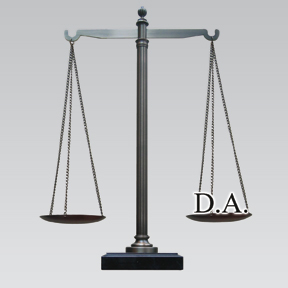Forward 2 (Excerpts): Jerome Morse, LL.B.
The Oxford English Dictionary, 10th Edition, defines an advocate as "a person who pleads a case on someone else's behalf".
 No definition for advocacy is offered in the dictionary, but rather advocacy
is merely identified as a derivative of advocate. To this writer, whose context is almost 30 years as a trial lawyer in a civil
litigation practice in Ontario equally split between jury and non-jury trials, experience suggests a definition of advocacy to be
representation by persuasive communication to achieve the best possible result.
No definition for advocacy is offered in the dictionary, but rather advocacy
is merely identified as a derivative of advocate. To this writer, whose context is almost 30 years as a trial lawyer in a civil
litigation practice in Ontario equally split between jury and non-jury trials, experience suggests a definition of advocacy to be
representation by persuasive communication to achieve the best possible result.
The book Demonstrative Advocacy: Understanding and Constraining Partiality in Adjudication is a thoughtful and thought-provoking treatise that extensively and exhaustively examines the critical aspect of advocacy I characterize as persuasive communication.
I believe excellent teachers, entertainers and motivational speakers would agree that to achieve their objective to teach, entertain or motivate respectively, one must "know one's audience". The litigator's legal equivalent of knowing one's audience is to know and understand the bias (to be avoided/reduced when unfavourable and provoked/exploited when favourable) of the judge, jury and the opposing party and their counsel. In the latter case they are a highly relevant audience to be persuaded owing to how many civil litigation cases settle without trial (believed to be 95%).
There is however a very important distinction between teachers, entertainers, motivational speakers and litigators in that the "persuasion" in the case of all but the litigator conforms to or fits the bias of the audience, whereas advocates often have to overcome the bias of the adjudicator. This distinction is fully explored in Mr. Fancy's text.
I believe an important but overlooked attribute of excellent trial counsel is creativity. The creativity inherent in a fulsome utilization of demonstrative evidence by able counsel should not be underestimated. Mr. Fancy's text reveals a creative approach to be commended to advocates undertaking the challenge on how best to communicate persuasively.